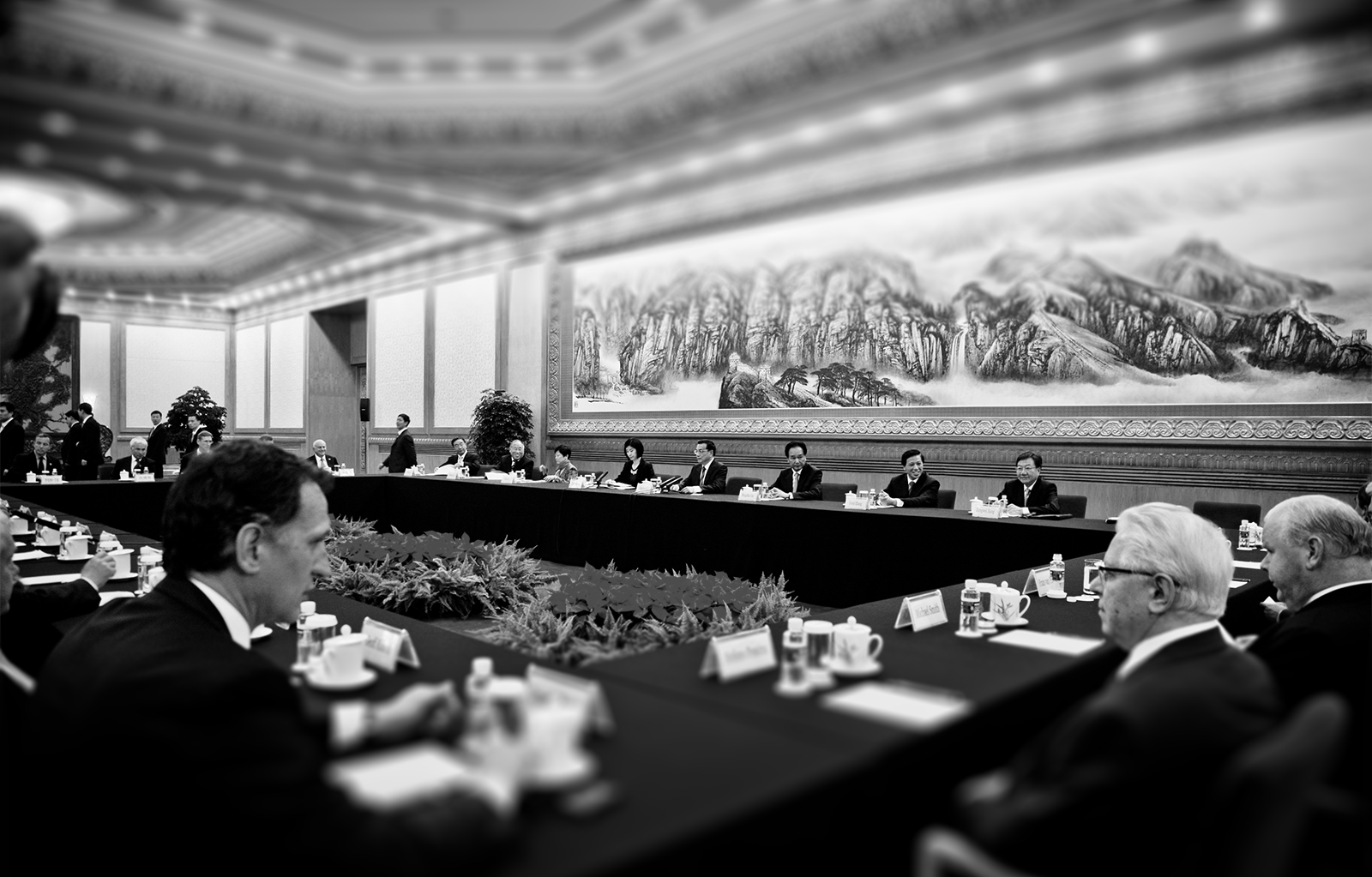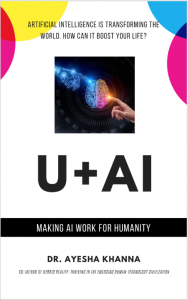- Co-Founder and CEO of ADDO AI
- Futurist and Artificial Intelligence Expert
- Philanthropist
- Chairman of 21C GIRLS, a charity that delivers free coding classes to girls in Singapore
- Co-Author of Hybrid Reality: Thriving in the Emerging Human-Technology Civilization
- Served on the Singapore Ministry of Education’s ASPIRE Steering Committee that developed a blueprint for transforming the national higher education system towards innovative industries
- An education, technology, and urbanization expert
- Co-Founder of the Hybrid Reality Institute, a research and advisory group established to analyze emerging technologies and their social, economic and political implications
- Co-Founder and CEO of ADDO AI
- Futurist and Artificial Intelligence Expert
- Philanthropist
- Chairman of 21C GIRLS, a charity that delivers free coding classes to girls in Singapore
- Co-Author of Hybrid Reality: Thriving in the Emerging Human-Technology Civilization
- Served on the Singapore Ministry of Education’s ASPIRE Steering Committee that developed a blueprint for transforming the national higher education system towards innovative industries
- An education, technology, and urbanization expert
- Co-Founder of the Hybrid Reality Institute, a research and advisory group established to analyze emerging technologies and their social, economic and political implications
Dr. Ayesha KHANNA is Co-Founder and CEO of ADDO AI, an artificial intelligence (AI) solutions firm and incubator. She has been a strategic advisor on artificial intelligence, smart cities and fintech to leading corporations and governments. Ayesha serves on the Board of Infocomm Media Development Authority (IMDA), the Singapore government’s agency that develops and regulates its world-class technology sector to drive the country’s digital economy and power its Smart Nation vision. Ayesha is also a member of the World Economic Forum’s Global Future Councils, a community of international experts who provide thought leadership on the impact and governance of emerging technologies like artificial intelligence.
In 2017, ADDO AI was featured in Forbes magazine as one of four leading artificial intelligence companies in Asia and Ayesha was named one of South East Asia’s groundbreaking female entrepreneurs by Forbes magazine in 2018. Her clients have included SMRT, Singapore’s largest public transport company; Singtel, Singapore’s largest telco; SOMPO, Japan’s largest insurance firm; Habib Bank, Pakistan’s largest bank; and Smart Dubai, the government agency tasked to transform Dubai into a leading smart city.
In 2014, Ayesha served as a member of the Ministry of Education, Singapore, steering committee resulting in SkillsFuture, Singapore’s innovative national program that aligns education with economic demand, career guidance and lifelong learning to prepare citizens for the fourth industrial revolution. She is Co-Founder of ADDO AI Education, an enterprise training leader that upskills corporate employees and students in data science, data engineering, and applied machine learning with curricula designed by leading academics and experienced industry professionals.
Ayesha is also the Founder of 21C GIRLS, a charity that delivers free coding and artificial intelligence classes to girls in Singapore. Programs that 21C Girls has partnered in include Code in the Community, a program sponsored by Google and that has taught thousands of children (8 – 14yrs) coding, and Empower, which has partnered with Ngee Ann Polytechnic to teach young adults (18 – 24yrs) the basics of artificial intelligence.
Prior to founding ADDO AI, Ayesha spent more than a decade on Wall Street developing large scale trading, risk management and data analytics systems. Ayesha was co-founder of the Hybrid Reality Institute, a research and advisory group established to analyze the social and economic impact of accelerating technologies.
Ayesha was featured in ZDF’s (Germany’s largest TV channel) documentary on twelve “Leading Women” around the world (2019). She has been named one of Singapore’s leading female entrepreneurs and a leading Asian fintech influencer by Fintech Asia, and been recently profiled for her work in artificial intelligence in leading publications including Neue Zürcher Zeitung (Switzerland), Focus Magazin (Germany), Corriere della Sera (Italy), Dagens Næringsliv (Norway), Lëtzebuerger Journal (Luxembourg), Computer Sweden (Sweden), Information Age (Nordics), Peak (Cover Story, Singapore), and In The Black (Cover Story, Australia).
Ayesha is author of Straight Through Processing (2008) and co-author of Hybrid Reality: Thriving in the Emerging Human-Technology Civilization (2012). She has been published and quoted on technology, innovation and smart cities in The New York Times, BusinessWeek, TIME, Newsweek, Forbes, Harvard Business Review, Strategy+Business, and Foreign Policy. She has presented at major financial, technology and other industry conferences, provided high level government briefings, chaired symposiums such as AI Asia, and spoken at TEDx events.
She is an advisor to the startups Octa (a chatbot for young travellers) and Arro (a delivery robot for sports).
Ayesha has a BA (honors) in Economics from Harvard University, an MS in Operations Research from Columbia University and a PhD in Information Systems and Innovation from the London School of Economics.










